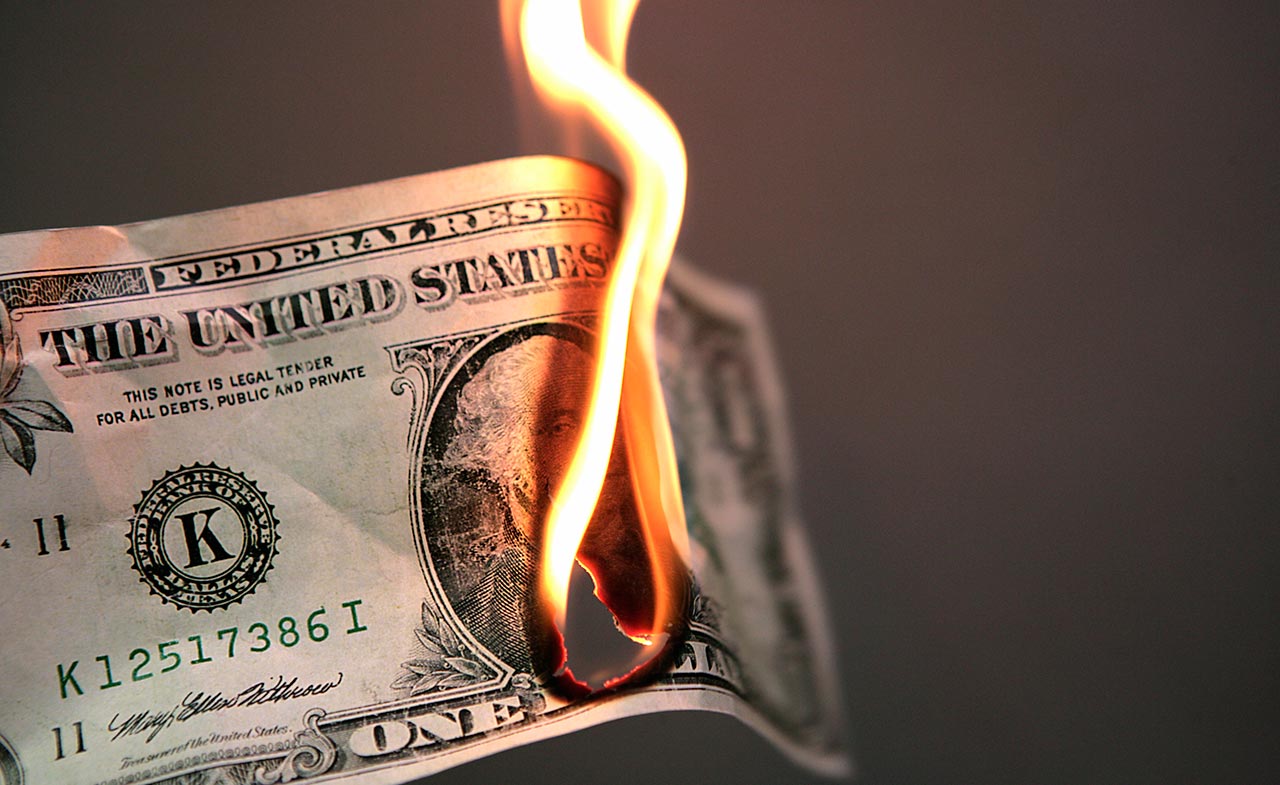Hans-Jörg Naumer
Global head of Capital Markets and Thematic Research at Allianz Global Investors
Academic debate, on the other hand, focuses on cash being an obstacle to a negative interest rate policy as it allows savers to keep their assets in cash, thereby evading negative rates. While negative key interest rates have long become a reality for central banks, only a handful of banks passed them on to their customers. In doing so they put a spoke in the wheel of a key economic stimulus, which occurs when savers increase their consumption in an effort to escape such currency depreciation. Cash sets a logical boundary to monetary policy.
The quest to abolish cash in order to control consumer behavior directly is consistent with a monetary policy that abandons its original mission of ensuring monetary stability in favor of controlling the economy directly. Buiter, for example, happens to also advocate “helicopter money.”
Some may argue that “Trumpflation”, rising inflation in anticipation of US infrastructure investments and the end of a deflationary scenario expected previously, should delay the elimination of cash. That would be foolish in my view. In an effort to prepare for the next economic downturn, states will be forced to prop up their massive debt overhang by long-term negative interest rates. This would be most effective if governments use monetary policy to keep the overall yield curve flat despite operating in an environment characterized by positive inflation rates.
TAXATION WITHOUT LEGISLATION
However, abolishing cash could give the central banks a carte blanche to impose interest tax, leading to three main risks.
One, it would blur the distinction between monetary and fiscal policy. Monetary policy would also add an “instrument of social policy” to its toolkit. And negative interest rates, being nothing less than an interest rate tax, not to say a wealth tax, would eventually mean taxation without legislation.
Two, abolishing cash also risks increasing debt levels as cash protects its owners from spending more than they have. Research has shown that consumers who use cashless payments spend more and may even run into more debt because their “separation anxiety” (when parting with their money) is lower than with cash.
Three, such a tax would distort consumer preferences by punishing those who are unwilling to spend.
Ultimately, the abolition of cash risks leading to a direct control of consumer behavior and the rise of state paternalism, revealing the demon in demonetization.

